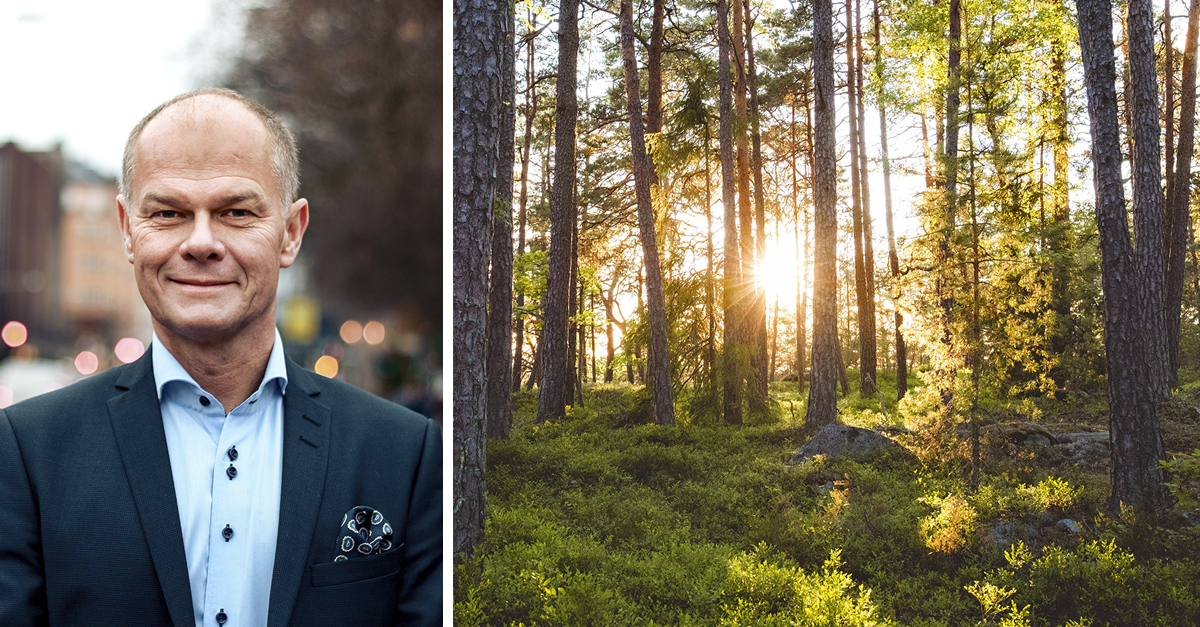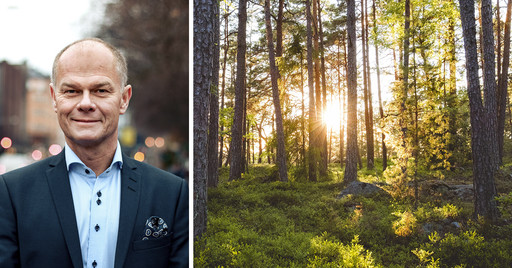Soltech and the solar energy’s progress in 2022
The first part of 2022 has been marked by a troubled world with the pandemic, war, inflation, and climate threats. However, there are glimmers of light and 2022 will be remembered as the year when the green transition really took off. Everyone from individual homeowners to the EU Commission and the Swedish government have opened their eyes to the potential of solar energy and the industry is growing rapidly. Below are important events, trends and decisions that pave the way for further solar energy growth. Both at EU and government level but also in the Soltech Group.
Group events:
• Soltech has made its first international acquisitions by acquiring solar energy companies in both Netherlands and Spain. These companies are expected to provide Soltech with approximately SEK 2 billion in turnover during the years 2022 to 2024 with good profitability.
Dutch 365zon, with an expected turnover of SEK 350 million in 2022, was acquired 1 April. In June, Sud Renovables, a Spanish solar energy company with an expected turnover of SEK 245 million in 2022, was acquired. The acquisition of Sud Renovables also included the company's wholly owned subsidiary, Install Sud. A company focused on installation and assembly, which are important competencies for the solar energy industry.
• Soltech has made two additional acquisitions, Solexperterna and Trönninge El. Solexperterna will be part of the existing subsidiary Din Takläggare i Värmland and Trönninge El will be part of Provektor.
• The electrical engineering company TG:s El was acquired on July 1 and further strengthens the Group's expertise in electrical engineering and solar energy.
• In addition to acquisitions, the Group achieved organic growth of as much as 43 percent during the first quarter of 2022. Quarter two figures will be published on August 23.
– During the year, we continued to create good conditions for building a strong and sustainable business and we have now established the Group in two of the fastest growing solar energy markets in Europe. The political investments in more solar energy from the EU and the Swedish government also show that there is great faith in solar energy’s enormous potential, says Stefan Ölander, CEO of Soltech Energy.
The progress of solar energy in Europe and Sweden:
• The European Commission has presented a solar energy strategy that will help to phase out the Union's dependence on energy imports from Russia and increase the share of solar energy. The strategy means, among other things, that it will be mandatory to install solar cells on all new public and commercial buildings with an area larger than 250 sqm from 2026. The strategy also contains proposals to make solar cells mandatory on all new residential buildings from 2029 onwards.
• The war in Ukraine has exacerbated the energy crisis and several EU countries are now investing heavily in renewable energy to reduce Russian gas imports. The EU also aims to reduce imports of Russian gas by almost two thirds. The European Commission proposes an increase of the renewable energy target by 2030 from the current target of 32% to 45%.
• The Swedish government wants to appoint an inquiry to set requirements for installing solar cells on public and commercial buildings. Minister for Climate and the Environment, Annika Strandhäll, commented during the press conference:
– It is cost-effective to install solar panels on buildings that are under construction. All buildings that can contribute to increased electricity production must also do so, said Annika Strandhäll.
• The EU countries' solar energy production increased significantly in 2021 compared with the previous year. An increase of as much as 34%.
• As of 1/1 2022, the government opened up for local energy sharing, which means that buildings may be connected to local DC grids. This means that it will be possible for a property owner to share, for example, solar between his various buildings within the same property boundary, something that has not previously been permitted.

